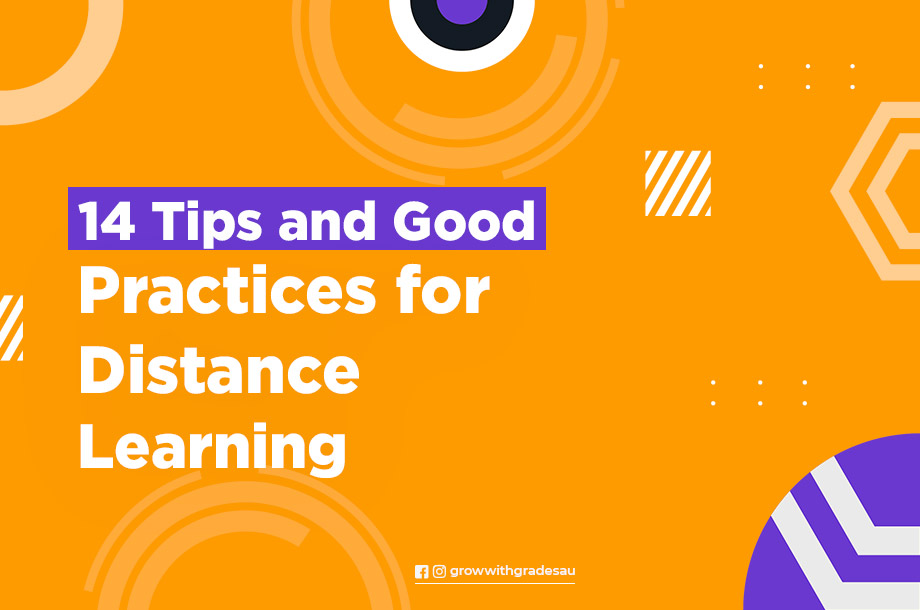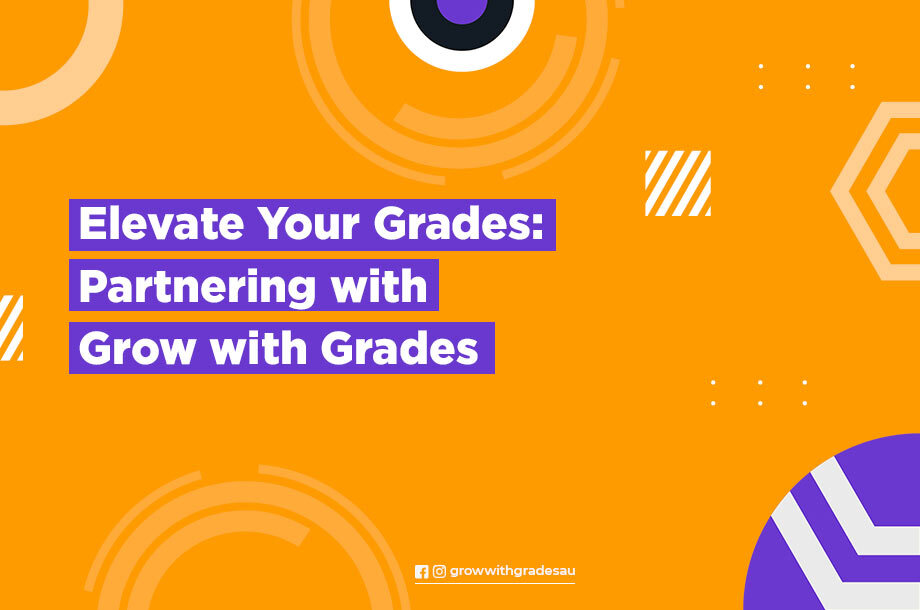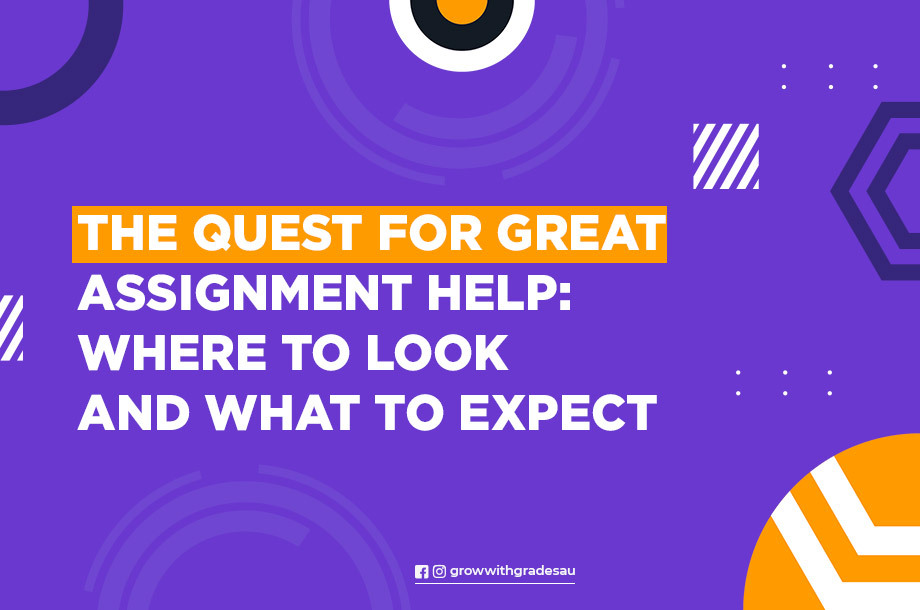
If two years ago someone asked the members of a work team or colleagues in the faculty who had taken an online course, some would have raised their hands. But not most. Today the answer would be unanimous, all hands up.
For a few months now, distance learning has been the norm and not the exception. In addition, although we have acquired certain expertise, the recommendations to handle ourselves in a modality that will continue in force in educational institutions and organizations never hurt.
The technological acceleration that we experienced in the new normal made us travel at the speed of light, skipping stages, incorporating new habits and behaviours, and forcing many innovative tools that were still in the testing stage to mature.
Why distance learning is becoming increasingly common
Today all the generations that inhabit the planet have acquired digital skills, driven by the need to communicate, work, distance learning, provide ourselves with inputs and inform ourselves in distancing ourselves.
Grandparents, parents, and children, we learned to manage video conferencing tools, educational platforms, and applications of all kinds, among many other available resources.
In the same way that one learns a language at speed when living for an extended period in a country where their language is not spoken, the imperative circumstances of the pandemic led us to acquire skills in the management of computer solutions.
After several months practicing virtuality in all areas of life and already facing a new future, this is a good time to compile the good practices acquired, intending to improve our performance.
Therefore, we share some recommendations for distance learning as effectively as possible, which will surely be helpful.
1. Know the distance education mode
In most learning instructions from the universities and other educational institutes, there is an emphasis on some specific aspects related to the online course format, which you should know for distance learning.
- If synchronous classes, forums, self-evaluations, and practical work are contemplated.
- If participation in these instances is optional or mandatory
- What is the established study schedule
- What the consultation channels with teachers are, what collaboration tools are available, and how to connect with technical support.
Knowing these aspects will allow you to develop a more enriching experience.
2. Choose a suitable study space
The success of an online training process will depend on knowing how to choose an excellent physical environment, which guarantees you the concentration and tranquility that you will need for distance learning.
It is true that in times when the members of a family live together for a long time, not all homes have the ideal facilities to achieve this. This, without a doubt, is one of the main challenges that you will have to solve.
In the absence of a space of isolation, it will be necessary for you to reach agreements with the rest of your loved ones, to have a time without interruptions or noise around you.
At this point, Salina James, an expert of Grow With Grades, points out that it is also essential to consider the optimal lighting of the study place (60 w), placing the lamp to your left if you are right-handed or to your right if you are left-handed. Also, avoid the light pointing at the monitor and leave a space for notes to be taken.
3. Make sure you have all the necessary resources
Distance learning implies the need to have some fundamental technological tools available
In terms of devices, you must have a PC, a laptop, or a cell phone (more and more educational platforms are compatible with smartphones), whose cameras work and have the necessary processing capacity to hold videoconferences. Also, do not forget about a headset with a microphone in perfect working order.
Also, make sure that you have acess to the most used video conferencing solutions and the know-how to operate them ( Zoom, Google Meet, Skype, Microsoft Teams, among others). In addition, you need to have a username and password to enter your university or company (you must become familiar with it) and download the complementary programs you may need during the training process.
4. Strengthen your determination
The key for distance learning is not losing focus and staying focused. For this reason, you must suppress or reduce which distraction factor around you, and that you propose not to divert your attention.
For example, suppose you are located near a window and constantly divert your eyes to observe what is happening around you. In that case, you will waste a lot of time, and your assimilation capacity will be reduced. The same happens when you intend to carry out distance learning in an environment with the television on or other people circulating and talking around you.
5. Plan, organize and set specific goals
Essential skills for distance learning include planning and organizing your time and setting realistic milestones and goals.
Identify priorities and distribute the workload so as not to generate bottlenecks that complicate the moments before an exam or a presentation.
Develop a calendar with scheduled alerts, which reflects with great visual clarity the days of classes, due dates and exam days, which makes work and study times compatible.
Establish a routine of periodic entry to the educational platform to be aware of any news and to be able to consult the material available to distance learning.
We acquire digital skills driven by the need to communicate, work, distance learning, provide and inform ourselves in distancing ourselves.
It is recommended to use tools to assist you in planning, such as Google Keep, Evernote, Trello, and Todoist, with which you can create lists and organize tasks for distance education. They also suggest establishing rules linked to the scheduled times for each activity.
6. Generate a general map of the course
Before attending synchronous classes and pouring yourself fully into the available material, you must generate a map of the contents of the training proposal as comprehensively as possible. Having the complete picture will allow you to improve your performance while distance learning.
For this, it is crucial that you read the purposes and objectives of the course, become aware of each of the topics to be addressed (making an initial approach to each one of them), know who your teachers are, and schedule each of the critical dates.
7. Keep some time for relaxation
It will be useless if you demand yourself above your possibilities. The brain can be compared to a sponge, but if you constantly fill it with water, it will saturate itself without absorbing the liquid (knowledge).
Establishing pauses to recover energy and regenerate the capacity for assimilation and understanding is essential to distance learning effectively.
We are not only referring to maintaining the daily hours of sleep but also setting breaks at various times of the day to have a drink, rest your eyes, check messages and emails, stretch your body, go out to buy something, do some light exercise, or play for a few moments with your pet, among many other options.
Your performance in distance learning will depend on your ability to articulate concentration and relaxation. Considering that each person has their own attention cycles, you must discover which ones are yours.
However, many experts generally raise the ideal learning and rest times during distance learning. Salina James, for example, mentions the importance of alternating study periods of about 50 minutes with 10 minutes of rest.
8. Enhance the skills required to distance learning
As in a professional job, online training processes need you to develop and perfect some essential skills, among which the following stand out
- Interactivity
- Communication
- Collaboration
- Proactivity
- Motivation
- Perseverance
- Flexibility
- Adaptability
The exciting thing is that these skills are also essential for the job market.
9. Adopt the most appropriate study method for your characteristics
Many internationally proven strategies can help improve your academic productivity during distance learning. The secret is to identify which one is the most appropriate for you.
Eisenhower matrix: classification and prioritization of tasks divided into four groups based on two axes of urgency and importance
Pomodoro Technique: allows you to manage time, learning to intersperse the day's tasks with breaks
GTD - Getting things done: organizational system external to memory that will enable us to remember what we have to remember at the right time
ERRRE (Exploration, Reception, Reflection, Review, Evaluation): procedure or set of rules that are applied to achieve the objective of studying
10. Connect with your fellow students
Beyond the communication and collaboration spaces, an educational platform has, you must establish a direct link with your colleagues and get to know them. In this way, by getting distance education, you will have covered the essential socialization quota for any human activity. You will feel integrated and strengthen the feeling of belonging.
In addition, you can generate study groups that help you understand the topics more or carry out group activities.
11. Back up your data
From Grow With Grades, we suggest that you save and back up all your documents, even before sending them to your teacher or posting them in the discussion forum. Thus, you will have a record of all your tasks if you want to review them or that your computer suffers a malfunction.
By making backup copies of each of your advances, you will heal in health from potential inconveniences that eventually occur when studying from a distance.
12. Don't commit fraud or plagiarism (even if it's obvious)
Although it is understood that when you take a course, you are seeking to acquire skills to strengthen your professional performance and that in pursuit of this objective, you will not incur unfair practices that end up compromising your ability to learn and incorporate knowledge, some intend to bring bad habits to virtuality.
Besides being a repudiable and unethical act, it is a terrible idea. Distance education does not mean that you are going to learn in an uncontrolled environment. Instead, it is a widely monitored space.
In recent months, the acquisition of various fraud and plagiarism evaluation and control software is typical for distance learning in universities and companies.
A specific example is Proctorio, an internationally recognized platform that e-ABC Learning implements in South America, and whose contribution of value lies in certifying the integrity of learning during the online examination process, controlling fraud, eliminating human error, and validating the identity of participants through facial recognition and digital signature, among other features.
13. Do not stay with any doubts and report inconveniences
Consulting the teachers promptly about any doubts you may have about the process is a healthy habit, which will allow you to move forward with a firm step and show your teachers your level of commitment.
On the other hand, if you have technical and or academic problems in distance education, be sure to contact the technical or administrative support areas to solve them.
14. Get the help of the experts whenever in doubt
At times, you are too full, and you find it hard to complete all the assignments. In such a situation, it is best to ask for help from someone who can help you deal with the situation powerfully, and who else can it be than the experts of Grow With Grades.
Experts of Grow With Grades have experience in helping thousands of students in assisting with their assignments. So, whenever you are stuck, find it too hard, or feel like not doing your assignment and coursework, do not let the pressure mount and take away all your energy. Immediately, call the experts of Grow With Grades.




